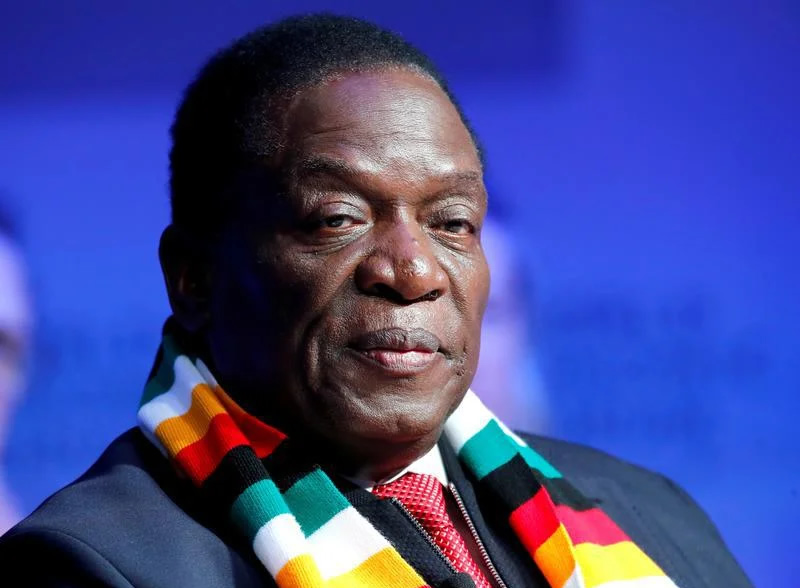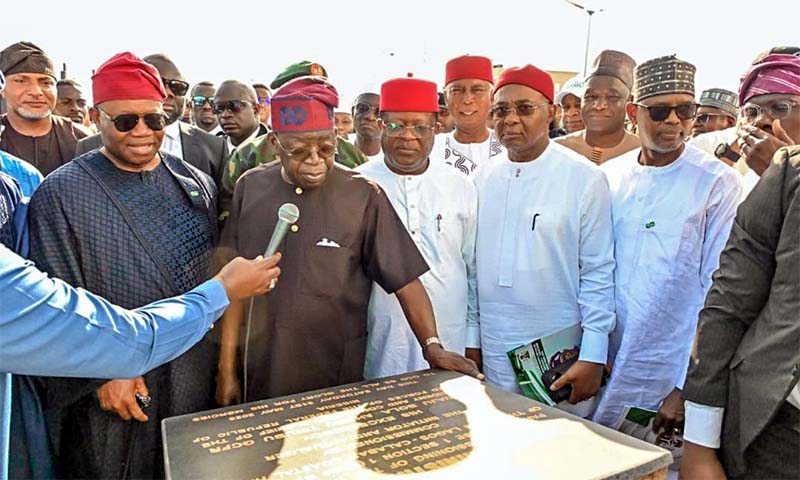“The decision by Western governments to diplomatically and economically isolate Zimbabwe was certainly triggered by Zimbabwe’s implementation of the Land Reform Programme in the year 2000.
Sanctions imposed on Zimbabwe have been described as human rights violation because of their devastating effects on the nation of Zimbabwe.
Southern African Development Community (SADC) ambassadors in Beijing had issued a statement condemning the continuous Sanctions against Zimbabwe, claiming it has impacted the broader SADC Region, most notably by Zimbabwe failing to meet agreed regional macro-economic convergence and other integration targets-even prior to the COVID19 pandemic. This has negatively affected the overall regional economic performance of the affected country.
It is against this background that the 39th Summit held in August 2019 by the 16th Heads of States and Government of SADC designated 25th of October to be the day SADC region would, each year, unanimously call for the removal of all forms of sanctions and other punitive measures imposed on Zimbabwe.
This year’s call ran under the theme; “Zimbabwe: Friend to all, enemy to none, forging ahead and enhancing innovation and productivity in adversity of sanctions.”
Speaking during the SADC organized event held at Zimbabwean embassy in Beijing, China SADC Ambassadors’ Chairman, H.E Ambassador Charles Namondwe from Malawi, reiterated that SADC region remains adamant, sanctions imposed on Zimbabwe, whether targeted or restrictive, are a fundamental constraint and hindrance to Zimbabwe’s prospects of economic recovery, human security and sustainable growth.
“sanctions are a continuation of an unwarranted and unprovoked war against Zimbabwe by the West,”
Zimbabwe has endured almost two decades of sanctions imposed by USA, UK and their allies. Citing rule of law and human rights violations, and concerns at the overall state of governance in Zimbabwe, USA enacted the Zimbabwe Democracy and Economic Recovery Act (ZIDERA 2001) outlining how the Act was going to be implemented.
It stated that the sanctions being imposed were targeted at certain individuals and institutions who had a hand in the violations mentioned above. The Act has since been amended into the Zimbabwe Democracy and Economic Recovery Amendment Act of 2018 which revised statements of US policy towards Zimbabwe.
One of the highlighted points is ‘urging enforcement of the SADC tribunal rulings issued between 2007 and 2010, including disputes involving employment, commercial, and human rights cases surrounding dispossessed Zimbabwean commercial farmers and agricultural companies. However, critics of the Act have argued that the sanctions have nothing to do with human rights violations but rather a ‘punishment’ to the government of Zimbabwe for the Fast-Track Land Reform Programme of year 2000 meant to correct the irregularities around land distribution in Zimbabwe.
The Ambassador of Zimbabwe to China, H.E Lt Gen (rtd) Dr Martin Chedondo said, “If truth can be told, the decision by Western governments to diplomatically and economically isolate Zimbabwe was certainly triggered by Zimbabwe’s implementation of the Land Reform Programme in the year 2000.”
He further explained that Zimbabwe’s liberation struggle was to restore universal human rights by returning land to the black majority which was forcibly seized by white settlers from indigenous Zimbabweans without compensation therefore, sanctions, were human rights violations on their own.
“While guns of the Revolution fell silent in 1979, sanctions are a continuation of an unwarranted and unprovoked war against Zimbabwe by the West,” he said. The two decades of sanctions have seen a total collapse of the Zimbabwean economy hence plunging the majority of ordinary Zimbabweans into dire poverty.
Zimbabwe’s credibility has been undermined together with its national image, ability to engage and interact, trade and transact internationally. Zimbabwe is saying, the removal of sanctions will pave way for socio-economic transformation of the country.
The government of Zimbabwe pointed out that they were committed to supporting full and productive employment and decent work; addressing informality; casualisation of labour and erosion of value of workers’ salaries and wages hence the call for immediate removal of sanctions which have caused untold suffering to the Zimbabwean workforce and the nation at large. SADC acknowledges the resolve of the government of Zimbabwe led by President Emmerson Mnangagwa to continue implementing their agenda aimed at further stabilizing the economy and improving the lives of all Zimbabweans. As highlighted by UN under Voluntary National Review 2021, Zimbabwe has made significant progress in the implementation of SDGs which include the current National Development Strategy 1 (NDS1 2021-2025).
The Beijing gathering was attended by SADC Ambassadors, including the Dean of African Ambassadors in China H.E Martin Mpana from Cameroon, Dean of SADC in China Charles E. Namondwe, AU representative H.E Osman Rahamatalla, representatives of CPC, business community and Zimbabwean diaspora community living in China.

“the removal of sanctions will pave way for socio-economic transformation of the country.
The Dean of African Ambassadors added his voice against the sanctions which he said were a huge hindrance to the growth of Africa in its quest for economic emancipation of its people. The African Union represented by Ambassador Osman Rahamatalla, acknowledged the resilience of the people of Zimbabwe and encouraged the government of Zimbabwe to continue implementing their reform age
The call for the lifting of economic sanctions has been sounded on various summits and international platforms including the 76th UNGA, President Masisi of Botswana once again put attention on Zimbabwe when he said,”…sanctions against Zimbabwe are a setback to stability in our region. Botswana therefore calls on the international community to end sanctions…”
High Commissioner Bachelet called for the re-evaluation of human rights impact of unilateral sanctions during the 48th session of United Nations Human Rights Council. Bachelet:”
A growing number of countries are applying sanctions to an increasing number of countries are applying sanctions to an increase range of targets for an expanding number of reasons, but human rights cannot be adequately protected, indeed they are profoundly undermined if sanctions and the means of enforcement themselves violate them.”
China was also commended for its solidarity with Zimbabwe and its non-interference policy with internal affairs of sovereign states.
“






